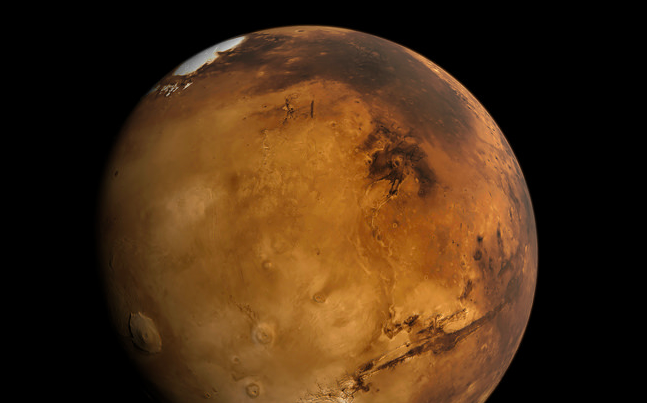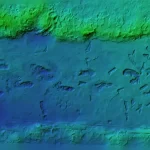New Scientist
Image: Kevin M. Gill
Antibiotic resistance is a growing problem on Earth – and it could occur in space too. Bacteria exposed to trace quantities of an antibiotic while growing in simulated microgravity developed resistance to the drug. What’s more, they retained that resistance for more than 100 generations after the antibiotic was removed.
With talk about future crewed missions to the moon and Mars, biologists are keen to know more about how microbes behave in space. What’s of particular concern is evidence that microgravity, radiation exposure and sleep deprivation weaken astronauts’ ability to fend off infection. If bacteria on board spacecraft develop antibiotic resistance, keeping astronauts healthy might be a real challenge.
To explore that possibility, a team led by Madhan Tirumalai and George Fox at the University of Houston, Texas, grew a harmless strain of Escherichia coli in a simulated microgravity environment that had been sterilised with a broad-spectrum antibiotic called chloramphenicol. Read more on newscientist.com…








